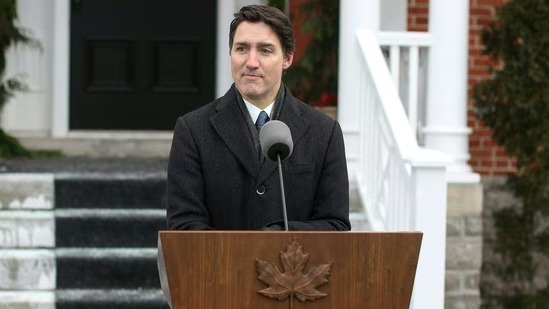Canadian Prime Minister Justin Trudeau has announced his resignation. He will step down after the ruling Liberal Party selects a new leader.
Speaking in Ottawa, Trudeau confirmed he would continue as prime minister in a caretaker role until the leadership transition is complete.
The Liberal Party leadership race, which Trudeau described as a "robust, nationwide competitive process," comes at a critical time for the party.

Slumping poll numbers and internal divisions have plagued the Liberals, particularly following the December resignation of former Finance Minister and Deputy Prime Minister Chrystia Freeland. Freeland, in her departure letter, criticized Trudeau’s approach, accusing him of prioritizing political stunts over fiscal stability.
Freeland is among the rumored contenders for party leadership, alongside former Bank of England Governor Mark Carney. Political experts, including Lori Turnbull of Dalhousie University, suggest the party must expedite the leadership process, traditionally lasting four to six months, to prepare for the next election.
The announcement comes as Canada braces for potential economic challenges, including a possible trade conflict with incoming U.S. President Donald Trump. Trump has threatened steep tariffs on Canadian imports, which could strain Canada’s economy. Trudeau has promised to respond firmly if such measures are enacted.
Facing dwindling support, Trudeau’s minority government has struggled to maintain stability. A previous alliance with the left-leaning New Democratic Party collapsed when the NDP signaled they would no longer back Trudeau in confidence votes.
To buy time, Trudeau secured approval to suspend parliamentary business until March 24, a move that limits opposition efforts to trigger a no-confidence vote.









